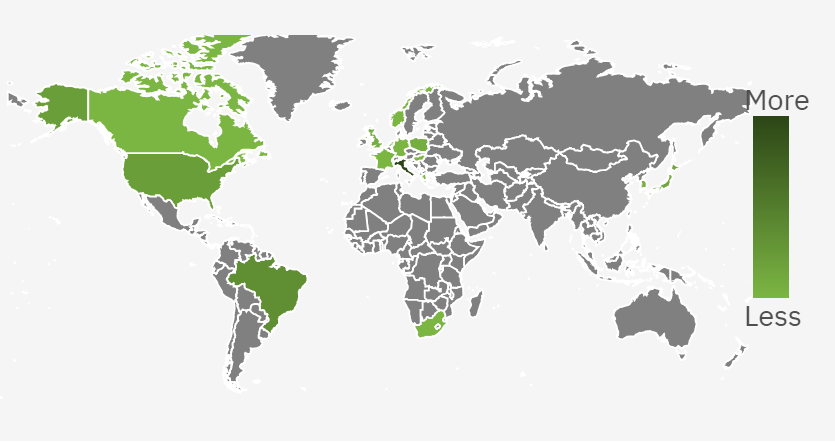 An open access journal
An open access journal
Optimizing Water Resource Management for Sustainable Development
Abstract
This paper explores the optimization of water resource management for sustainable development through AI-driven engineering. Through case studies and research insights, it investigates how artificial intelligence is revolutionizing traditional water management practices, including water supply, wastewater treatment, and watershed management. The study highlights the application of AI techniques such as hydroinformatics, predictive modeling, and optimization algorithms in enhancing water efficiency, improving water quality, and mitigating water-related risks. Additionally, it discusses the integration of AI with sensor networks, remote sensing, and decision support systems to enable real-time monitoring, adaptive control, and integrated water resource management. The paper also addresses challenges such as data scarcity, institutional capacity, and stakeholder engagement in the deployment of AI-driven engineering solutions in water management. It emphasizes the importance of cross-sectoral collaboration, regulatory frameworks, and community participation in leveraging AI's potential to ensure equitable access to clean water and promote sustainable water use.
Share and Cite
Article Metrics
References
- Adamowski, J., & Chan, H. F. (2011). Hydroinformatic models for decision support in water and environmental management. Mathematical Problems in Engineering, 2011, 1-19.
- Chen, S., & Wang, J. (2016). Predicting water quality parameters with an extreme learning machine: A case study of the Jinjiang River, China. Environmental Monitoring and Assessment, 188(1), 1-12.
- Gao, L., Tang, Z., Lin, H., Hong, T., & Shi, Y. (2019). Application of artificial intelligence technologies in the drinking water sector: A review. Frontiers in Environmental Science, 7, 1-15.
- Jain, R., & Varshney, D. (2018). Artificial intelligence in water resources management: A bibliometric analysis. Environmental Monitoring and Assessment, 190(7), 407.
- Kibler, K. M., Garzio-Hadzick, A., & Angelopoulos, N. (2019). Remote sensing and machine learning approaches for monitoring harmful algal blooms: A review. Environmental Monitoring and Assessment, 191(8), 491.
- McIlwaine, R., Alcott, G., & Barker, S. (2019). AI and machine learning in water management. In: Proceedings of the 16th WaterNet/WARFSA/GWPSA Symposium (pp. 252-265).
- Yang, C., Yu, P. S., & Zhang, X. (2019). Urban water demand forecasting: A deep learning approach. Water Resources Research, 55(6), 4896-4917.

